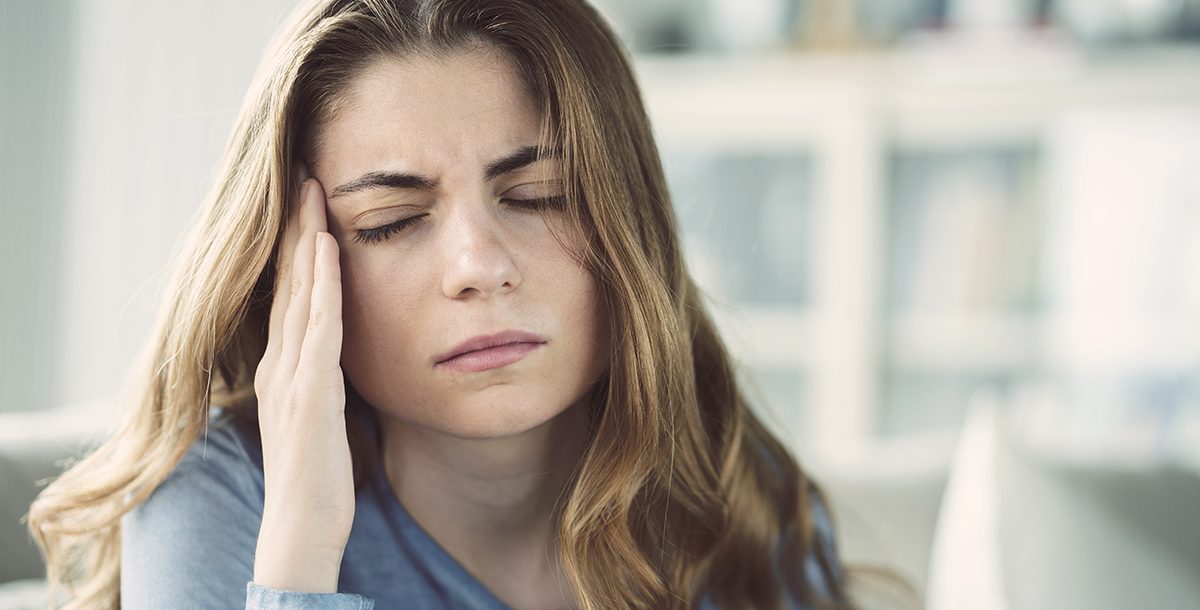If you recently got your COVID-19 vaccine, you may be breathing a sigh of relief. However, you may also be experiencing side effects from your shot. While side effects are typically mild and can often be managed at home, it helps to know what to expect.
As a safety measure, after you receive a shot at the vaccination site, you are asked to wait, seated, in an observation area for 15 to 30 minutes to monitor for immediate reactions to the vaccine. However, once you leave the vaccination site, side effects may begin to develop. Side effects commonly last from 24 to 48 hours before completely disappearing.
What are the side effects of the COVID-19 vaccine?
Mild side effects from any type of vaccine are normal and vary from person to person. It’s also normal to have no side effects at all.
You may develop one or more side effects to the COVID-19 vaccine. Mild to moderate symptoms include:
- Arm soreness or slight swelling
- Chills
- Fatigue
- Fever
- Headache
- Muscle aches
- Nausea
How can I relieve side effects?
Managing COVID-19 vaccine side effects at home is easy.
If you are tired from the vaccine, it’s perfectly normal to sleep more than usual. Also, be sure to drink plenty of fluids after your vaccination to hydrate your system.
You can take an over-the-counter pain reliever to help reduce any pain or swelling. However, do not take anything before your shot to prevent side effects.
If you do feel any side effects and want to take a pain reliever after getting your shot, consider taking:
- Aspirin
- Ibuprofen
- Acetaminophen
Some people experience pain, swelling or discomfort where they received the shot. These are usually mild.
Ways to prevent these symptoms include:
- Periodically moving and exercising the arm
- Taking an antihistamine to reduce swelling
- Applying a clean washcloth dampened with cool water over the injection site
Why are side effects stronger following the second dose?
It’s been widely reported that side effects may be stronger after the second dose of the two-dose vaccines. These side effects do not mean you are getting COVID-19, because you cannot get the virus from the vaccine. While they may be more noticeable, these symptoms are still mild.
But there’s a good reason why the second dose may cause more noticeable side effects. It means that the vaccine has triggered an effect in your immune system and is doing exactly what it is supposed to be doing.
Here’s why:
- The first dose teaches your body how to react to the virus.
- The second dose is reactogenic, which means your system is reacting as it should to the vaccine.
However, some people do not experience any side effects with any of the doses. Even if you don’t have any side effects, your immune system is still reacting to the vaccine and building protection against the virus.
How long does it take to build immunity after getting the COVID-19 vaccine?
Your body will develop immunity within two weeks following your final dose. You should still follow all COVID-19 safety measures (masking, distancing and handwashing) until then to minimize your chances of contracting COVID-19 in the meantime.
Once you are fully vaccinated, you will be able to safely enjoy some new things. Check out our full list of things fully vaccinated people can do.
Receiving the COVID-19 vaccination is an important way to avoid severe illness from this virus. Concerns over these mild side effects should not dissuade anyone from getting vaccinated.
However, if you do experience any COVID-19 vaccine reactions outside of the symptoms we described, reach out to your primary care provider.
Stay updated on what Bon Secours is doing related to the COVID-19 vaccine.





